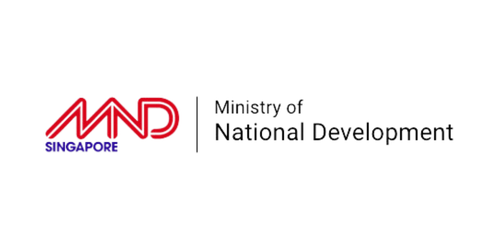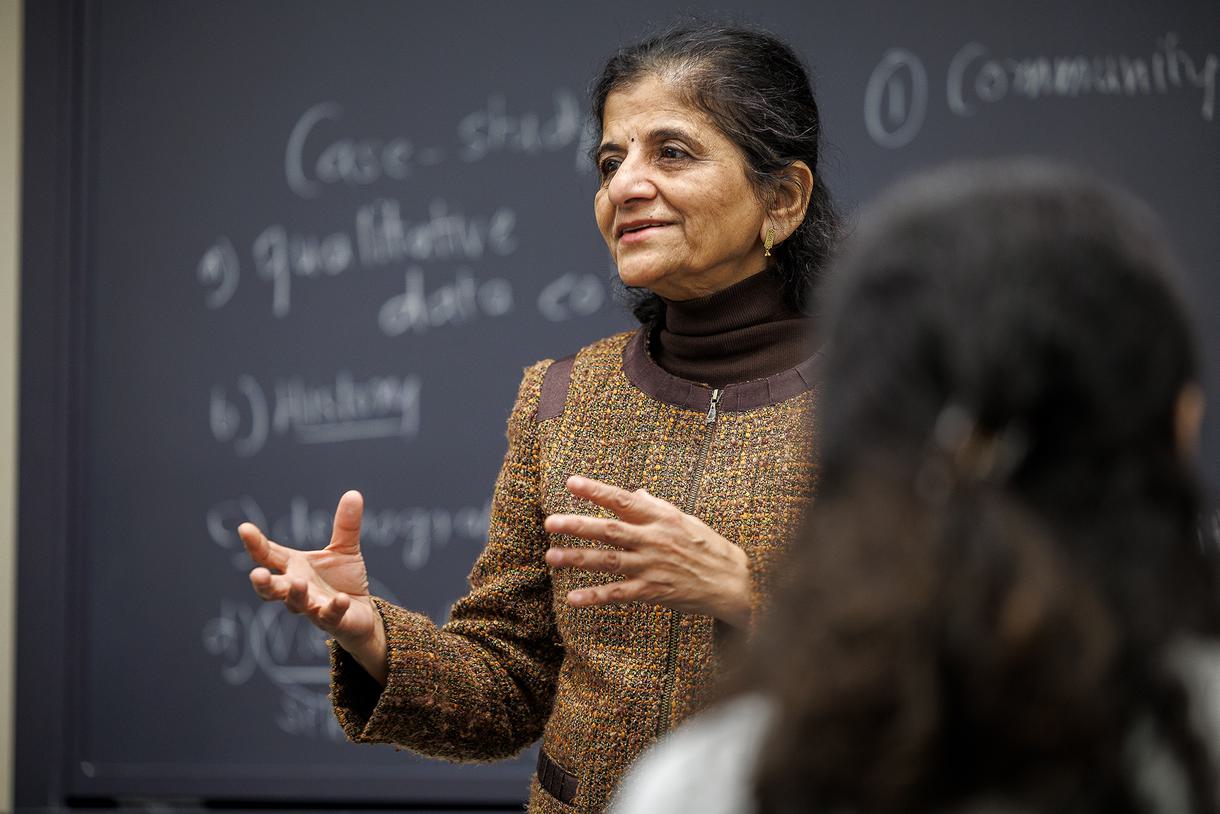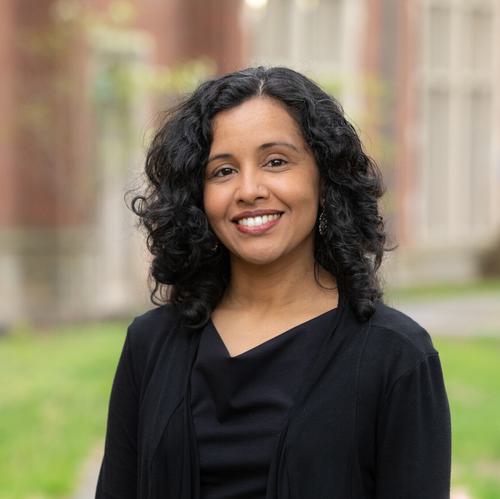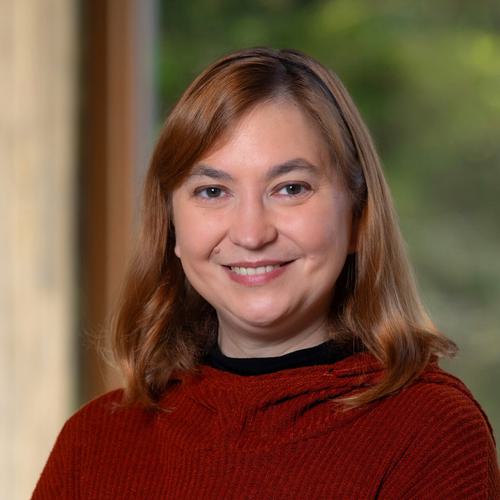South Asia Studies
Academic Program Introduction
Our program focuses on the histories, cultures, and people of South Asia and its diaspora. Students explore both European and South Asian theories of knowledge. Majors concentrate on a single method, such as literary analysis, or a single theme, such as international development, and become proficient in a South Asian language such as Hindi or Urdu.
Learning goals
- Think in a multicontextual way and at the intersection of disciplines.
Engage in rigorous encounters with a crucial but underrepresented area of the world.
Gain a broad understanding of the cultures, histories, religions, societies, politics, and people of the region and in the diaspora.
Learn to speak and comprehend, and to write and read, in Hindi or in Urdu, or in another South Asian language.
Programs of Study
South Asia studies major and minor
Students acquire skills and sentiments needed to understand South Asian arts, cultures, histories, politics, and religions.
Course highlights
Elementary Hindi/Urdu I
HNUR101
An introduction to the most widely spoken language in the South Asian subcontinent, which is also used extensively for interregional and international communications. Learning this language provides a linguistic passport to things South Asian. The language-often referred to as "Hindustani"-is written in two different scripts: the Perso-Arabic based Urdu, and the Sanskrit based Devanagari (Hindi). Students will learn to converse in the language and to read and write in both scripts. Conventional teaching materials will be supplemented by popular songs and clips from contemporary Indian cinema and television, the two internationally popular media that use this language.
-
South Asian Religions in the USA
REL280
The form of a religion changes according to the social and historical contexts.. In the past century, a large number of South Asians of diverse religious backgrounds have migrated to the USA and have established their religious communities in its various regions. How have the Hindu, Muslim, Jain, and Buddhist South Asians contributed to the growing religious diversity in the US? What adjustments have they made to meet the expectations from religion in their new homeland where their children have grown? In this course we will explore these questions employing the case-study approach. We will begin with a review of the historical forms of religions in South Asia, followed by their study in the USA. Groups of students will pursue case-studies of various South Asian communities in New England. The final project will bring the findings of all groups in a collective study of South Asian religions in this part of the USA. (REL 280 and SAS 280 are cross-listed courses.) -
The City in Modern South Asia
HIST276
South Asian cities are currently undergoing massive demographic and spatial transformations. These cannot be understood without a consideration of both the specific history of South Asia and a broader account of urban change. This course examines these changes in historical perspective and situates urban South Asia within a global context. How did colonial rule transform old cities such as Delhi and Lahore? How were the differing ideologies of India and Pakistan mapped onto new capitals such as Chandigarh and Islamabad? How are ethnic pasts and techno futures reconciled in booming cities such as Bangalore and Mumbai? What are the connections between the urban environment and political mobilization? We consider a range of sources, including scholarly literature, films, and short stories.
Research highlights
-
Professor Neelima Shukla-Bhatt’s book Hinduism: The Basics (Routledge, 2023) digs into the variety of philosophical schools, priestly rituals, and popular practices common in the Hindu faith, looking in particular at the diversity of Hinduism’s traditions and how they function in everyday life.
-
The Islamic Welfare State: Muslim Charity, Human Security, and Government Legitimacy in Pakistan (Cambridge University Press, 2023), by Professor Christopher Candland, explores the relationship between government legitimacy, everyday security, and lived Islam in Pakistan, a Muslim-majority country.
Opportunities
-
Student organizations
Students run three organizations centered on South Asian communities: Al-Muslimat, Wellesley’s Muslim Student Association; Darshana, for Wellesley’s Hindu community; and the Wellesley Association for South Asian Cultures, which hosts a cultural show, Shruti Laya, each fall.
Beyond Wellesley
Beyond Wellesley
Our graduates pursue a wide range of careers in health care, consulting, government, and advocacy. Recent employers include ATASK (Asian Task Force Against Domestic Violence), Druk Holding and Investments, the National Institutes of Health, Publicis Sapient, the National Cancer Institute, Singapore’s Ministry of National Development, and the World Bank.
Recent Employers






106 Central Street
Wellesley, MA 02481









